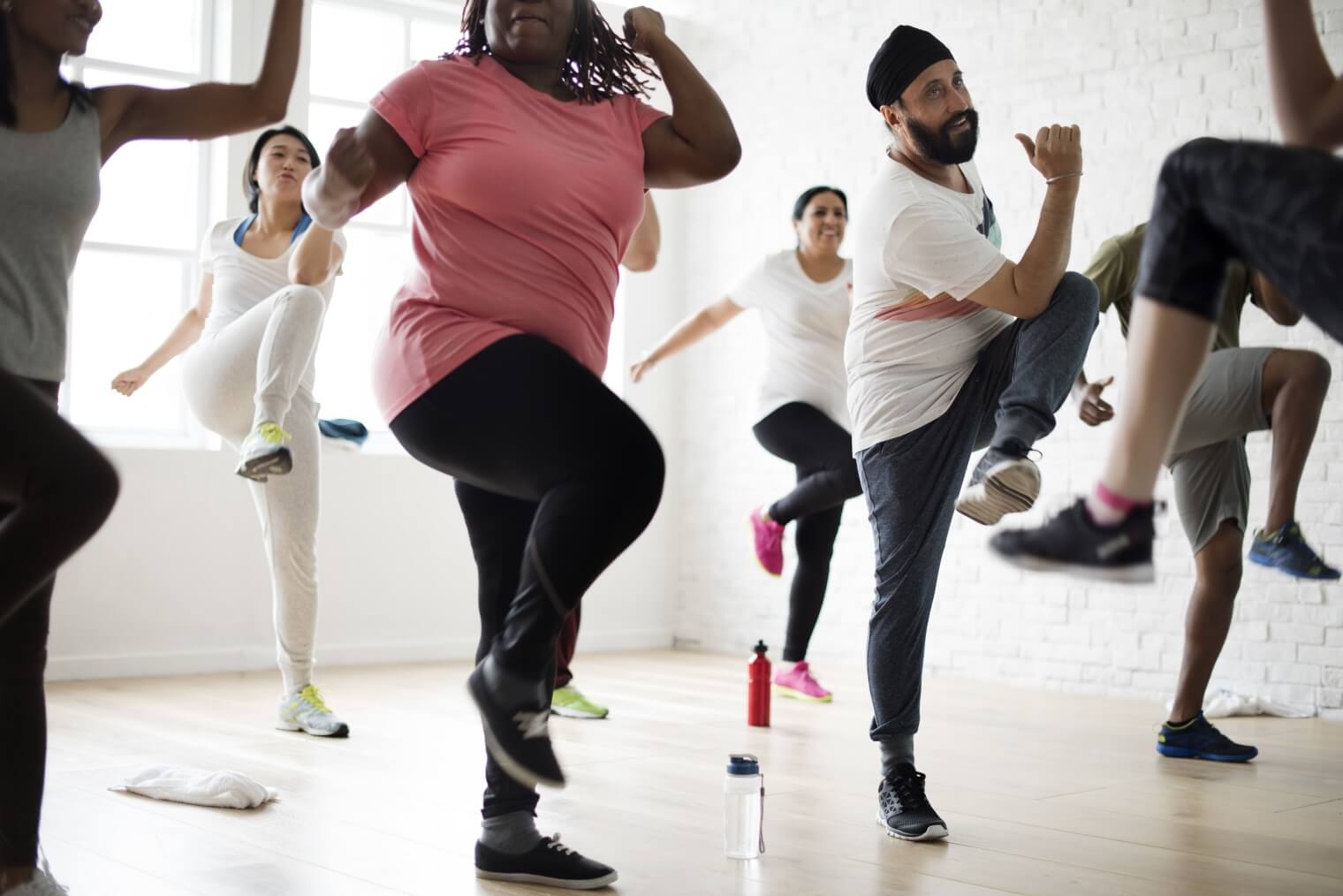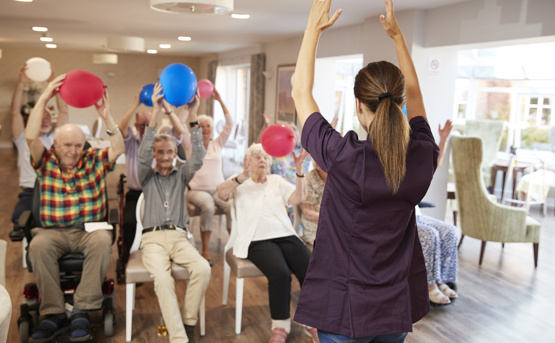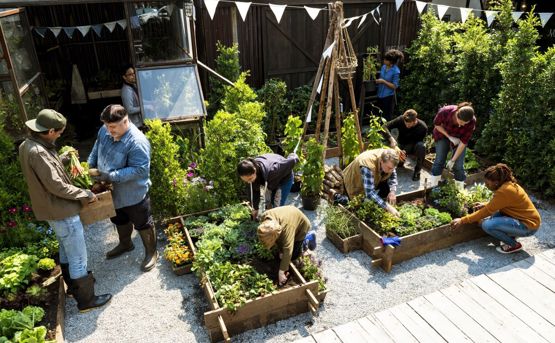
Published date: 27 October 2022
New research digs deep to reveal how NHS community spaces can support the wellbeing of communities
New research sheds light on what matters most to ten different communities when accessing and using repurposed NHS community spaces. The communities that participated are some of those disproportionately affected by health inequalities across the UK.
The research was commissioned by NHS Property Services (NHSPS), a government-owned company, and was carried out by The Health Creation Alliance, the leading national cross sector movement addressing health inequalities through Health Creation.
Health inequalities remain a key theme for Integrated Care Systems and nationally, with the Department of Health and Social Care recently announcing £50 million of funding to local authorities to turbo-charge research into health inequalities for their local area.1 Aligning with this, NHSPS will target over 70% of discretionary spend in 2022/23 towards areas of high deprivation, working with social prescribing partners to provide key services in the community and creating flexible space to adapt to local needs.
The research provides a wealth of information about the nuances and drivers behind what works for different types of communities and draws attention to the many commonalities – things that matter to most communities – in eight ‘big themes’. It also includes 12 recommendations.
Some key findings include:
- Access is a key consideration for many people – in terms of transport to the venue, access to the building and mobility around the premises. Communities value a sense of ownership of the space and a say in how it is run.
- Multi-functional spaces that are open to many different types of communities, cultures and generations are most popular e.g., a parent coming for immigration advice, while the child comes for a sport activity to the same venue.
- Many groups benefit from a calm, welcoming environment with sensory spaces, inclusive spaces and an affordable community café.
Rhea Horlock, Head of Corporate Social Responsibility, NHSPS, said, “These findings highlight the importance of appropriate space in creating healthier communities. We have already transformed 69 vacant or under-utilised spaces for use by community groups and the provision of non-clinical services as part of our national social prescribing programme. As we continue to transform our spaces, we will use the findings to make sure all communities can use NHS spaces to create health in ways that work for them.2
Merron Simpson, Chief Executive of The Health Creation Alliance, said “Health and wellbeing is enhanced when people and communities gain control over their lives and environments. Gaining access and a sense of ownership of suitable spaces can be a tremendous boost when those spaces are accessible, welcoming and enable people to come together to do the things they love. We were delighted to partner with NHSPS to bring forward this research, which shows a huge willingness of different types of communities to share spaces with others to support community cohesion and health creation.”
The ten community groups selected were:
- Carers
- People with, or recovering from, drug and alcohol dependency
- Rural communities
- People with a learning disability
- People of Somali origin or heritage
- People with experience of mental iIl-health
- People from the LGBTQ+ community
- Women from South Asian origin or heritage
- Disabled people
- People from the Roma community.
As well as their social prescribing programme, NHSPS will work to integrate the research recommendations to inform new ways of working with communities to create health.
Read the report here.
References
- £50 million to tackle health inequalities through research. Available at: https://www.gov.uk/government/news/50-million-to-tackle-health-inequalities-through-research(Last accessed: October 2022).
- Goddard A.The cost of living crisis is another reminder that our health is shaped by our environment.BMJ 2022;377:o1343.





